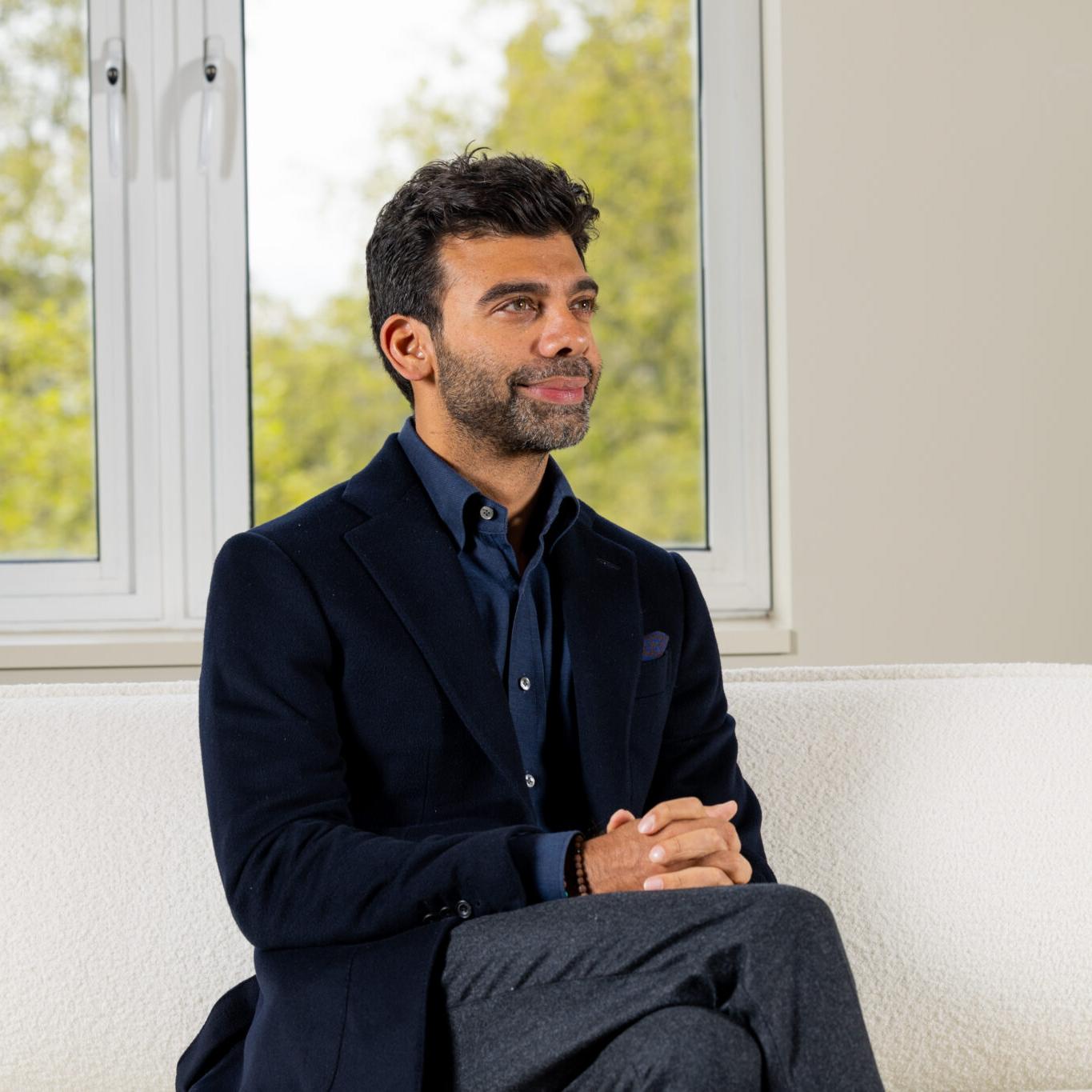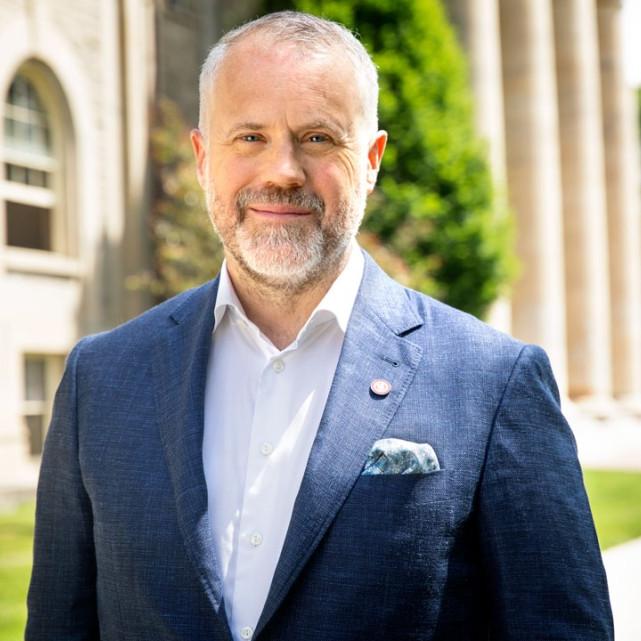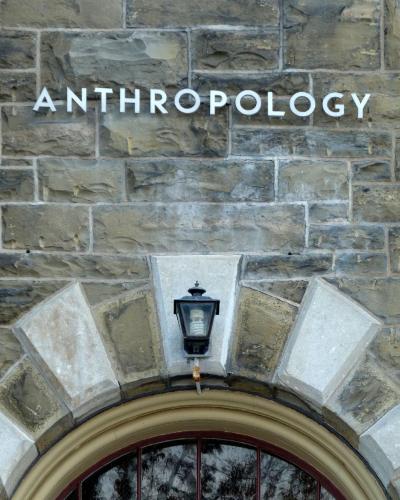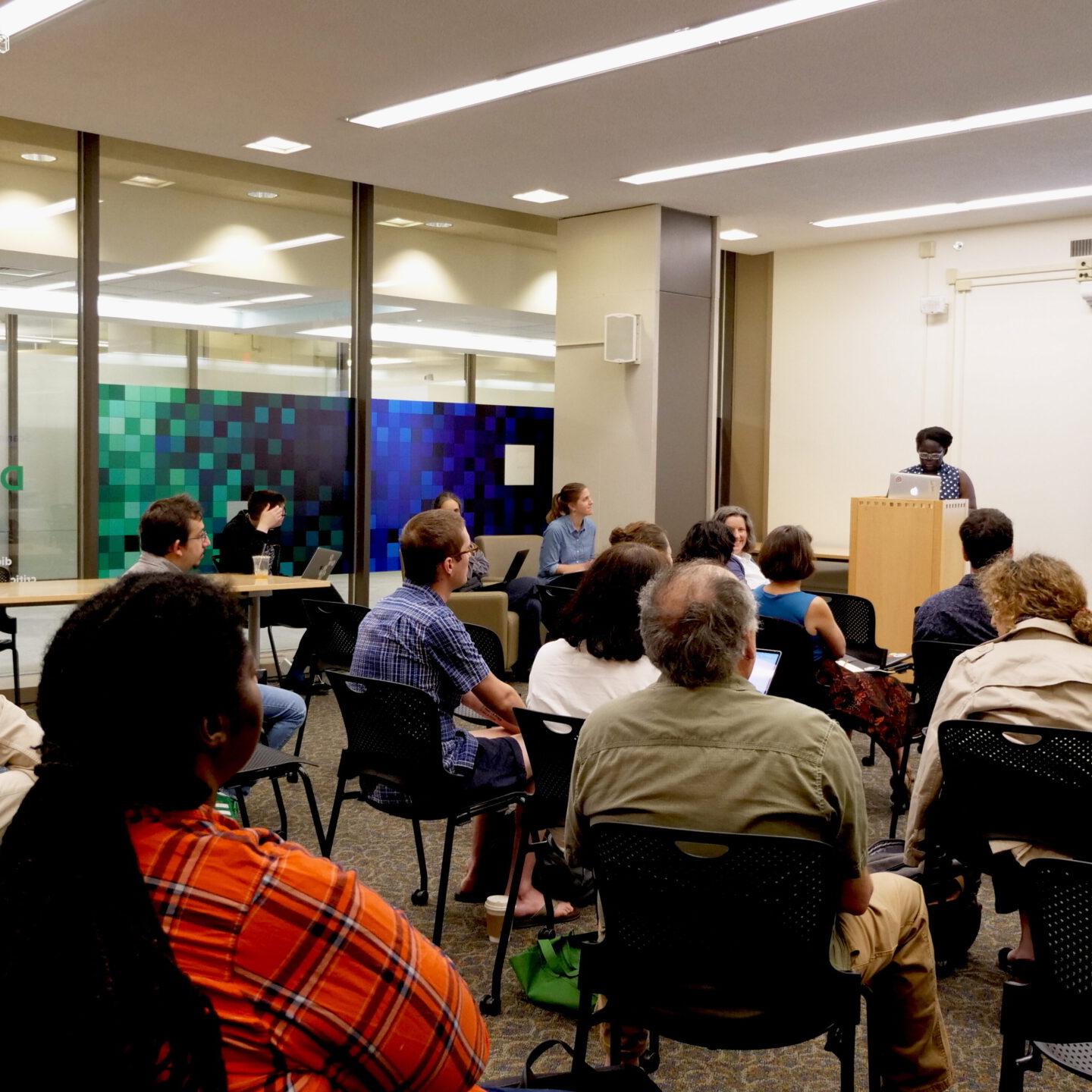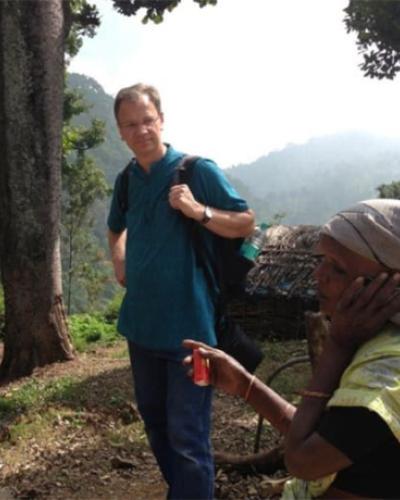My previous research focused upon various forms of Tamil and Hindu displacement, revivalism, and identity politics in Malaysia, and to a lesser extent, India. Between 2003-2009, I conducted research upon Tamil plantation communities facing the uncertainties of retrenchment and relocation. This research subsequently led me to investigate manifestations of ethnic consciousness in squatter areas and low-cost housing schemes within the context of state-sponsored nationalist ideologies of development. The book, Tamils and the Haunting of Justice (U. of Hawaii, 2014) was the culmination of this research.
In more recent times, I have embraced collaborative, engaged, and interdisciplinary research. This is seen most clearly in my current research project in the Nilgiris Biosphere Reserve. Here a multidisciplinary and collaborative project among a core team of Cornell faculty and local community members, partnered with a leading Indian NGO focused upon indigenous livelihoods, sustainability, and land rights, has created the Cornell-Keystone Nilgiris Field Learning Center. The development of the Cornell-Keystone Nilgiris Field Learning Center has been my primary research focus for the past three years. Directly related to this project, my current research in India on mental/neurological health and clinical care in urban and rural areas has recently been funded by both the Fulbright-Nehru Academic and Professional Excellence Fellowship as well as the AIIS Senior Fellowship.1 Prior to this, I had rediscovered a passion for, and drew upon my graduate school training in, psychological/medical anthropology as I conceived of a project comparing mental/neurological care in North America and India. This led to fieldwork shadowing physicians in upstate NY during 2010-2012, initially, and in 2014/15, in Bangalore, India, at the National Institute for Mental Health and Neuro Sciences.
Though these new projects mark somewhat new directions for me, personally, as a scholar and ethnographer, I continue to identify myself as a sociocultural and political anthropologist. Indeed, even my earlier work, pre-tenure, addressed questions of subjectivity, power, and culture; and the current projects continue to investigate how subjectivities are formed within cultural and historical categories and lexicons forged within material environments.

